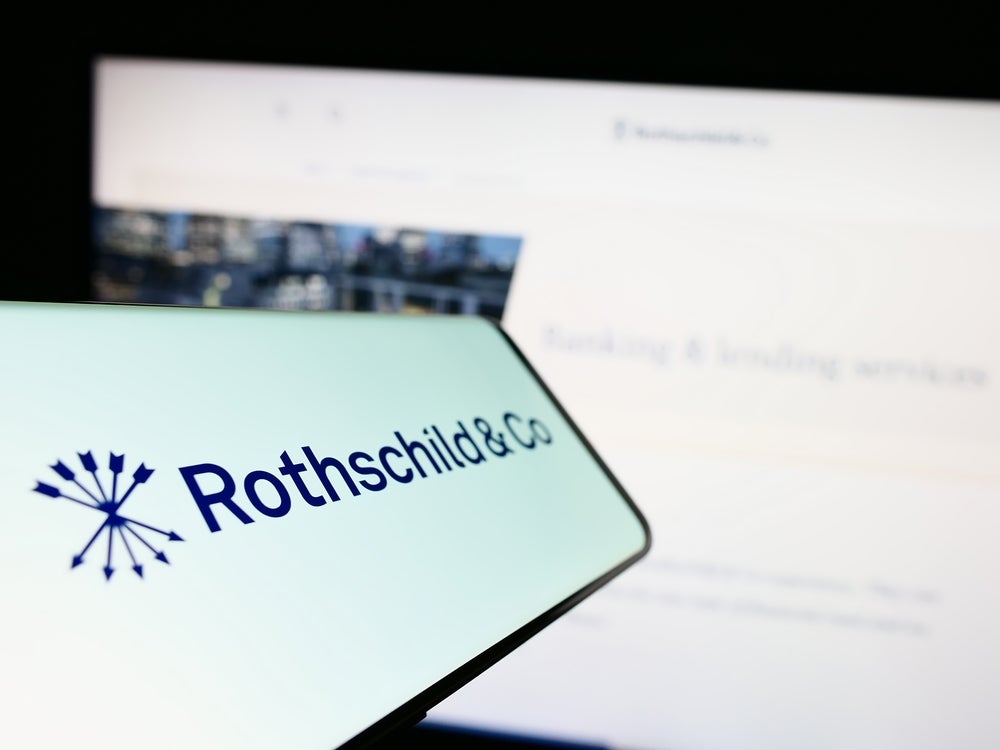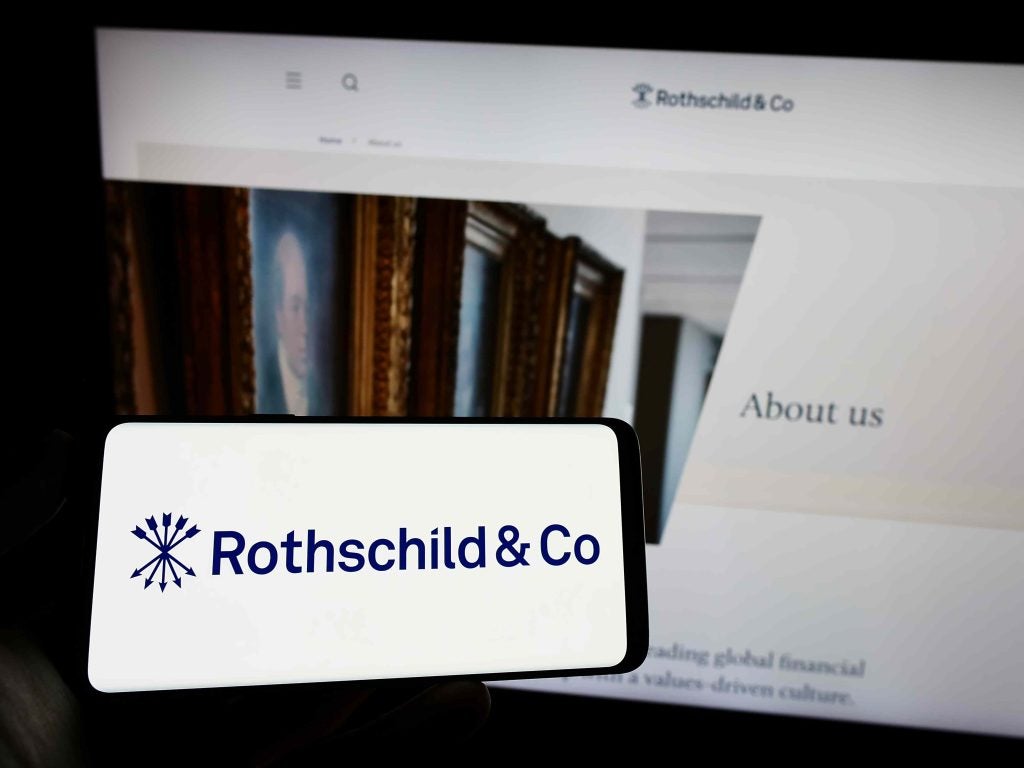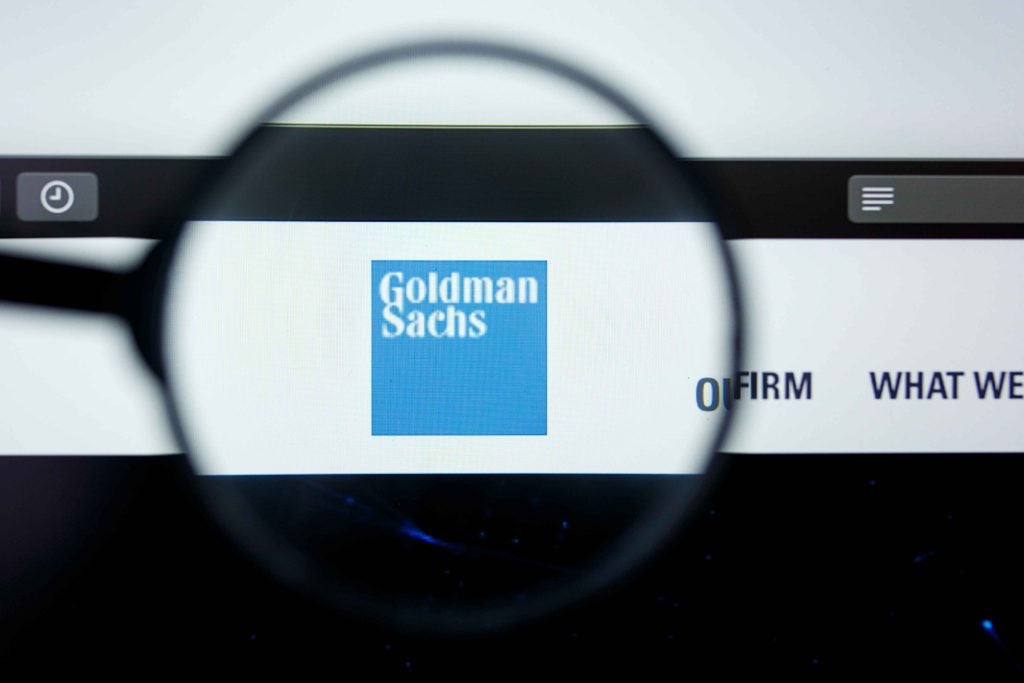
Ryan Carr is the CTO of Enveil, the cybersecurity startup. The company enables financial services companies to analyse big bulks of encrypted data at speed. It does this by using homomorphic encryption.
Homomorphic encryption solutions utilise a type of encryption algorithm designed to allow mathematical operations to be performed on encrypted data. It’s a bit complicated, but it essentially means that people don’t have to decrypt encrypted data in order to analyse it. This could, for instance, make it easier for businesses to analyse big data containing private information about financial health or medical data.
CEO Ellison Anne Williams came up with the idea for the startup whilst working as a senior researcher at the US National Security Agency. Before that, she’d worked as a senior scientist at the Johns Hopkins University of Applied Physics Laboratory. Since the launch in 2016, the company has raised $15m in total, most recently via its $10m Series A round in February 2020. C5 Capital led the raise. Mastercard, Capital One Ventures, Bloomberg Beta and 1843 Capital also participated in the round. It has also been listed on several lists of the most influential startups in the cybersecurity and regulation technology industries.
The Covid-19 pandemic has certainly worked in favour of cybersecurity companies like Enveil and its CTO. As Verdict has reported in the past, the pandemic has created a cybersecurity boom due to companies having to restructure their digital defences in response to more employees working remotely in order to adhere to social distancing rules.
The past two years has seen a jump in the number of funding deals raised by the cybersecurity industry. The GlobalData data includes acquisitions, asset transactions and mergers. The number of deals jumped from 353 deals in 2019 to 411 in 2020.
As the CTO of Enveil, Carr has seen the moves made in the sector first hand. In the latest Q&A in our CTO Talks series, the Enveil CTO reveals his biggest tech pet peeve, why big data excites him and why blockchain is overrated.
How well do you really know your competitors?
Access the most comprehensive Company Profiles on the market, powered by GlobalData. Save hours of research. Gain competitive edge.

Thank you!
Your download email will arrive shortly
Not ready to buy yet? Download a free sample
We are confident about the unique quality of our Company Profiles. However, we want you to make the most beneficial decision for your business, so we offer a free sample that you can download by submitting the below form
By GlobalData
Tell us a bit about yourself – how did you end up in your current role?
I grew up in the Washington, D.C. metro area and have lived here my whole life. After completing my undergrad and computer science PhD, I took a job with the big data analytics group at John Hopkins Applied Physics Lab, which is where I met Ellison Anne Williams. We worked together for several years doing lots of cool projects relating to various aspects of the US government, and she eventually asked me, “Want to come start a company?” I honestly never thought I would work at a startup – and Ellison Anne is probably the only person who could have convinced me to leave the role I was in – but I’m very glad she did.
Where did your interest in tech come from?
Much of my early interest in technology actually came from the computer games I played as a child. I lived in the middle of nowhere so I spent a lot of time playing and tinkering with gaming systems. Back then nothing would work the first time you tried to install it so you would need to write scripts, troubleshoot, and figure things out. That was my first experience developing any technical ability and it really formed the building blocks of what I do now.
What one piece of advice would you offer to other CTOs?
Give away your Legos. Most of us who end up as startup CTOs are strong technical contributors because we love to tinker and solve hard problems. In order to effectively build a team, we have to be willing to hand things off, which can be a hard thing to do. Building others into strong technical contributors means letting them take on hard technical challenges. Give it up, even if you love it.
What’s the most surprising thing about your job?
Beyond some undergrad courses, I had never worked with cryptography or homomorphic encryption (HE) before. The promise of HE sounded impossible to me: imagine being able to ask a database a question and get an answer, but the database does not get to see what you’re asking or what the answer is. The fact that this technology was the foundation of the company was a big part of the appeal for me — I wanted to figure it out. Turns out it’s not magic, just math.
What’s the biggest technological challenge facing humanity?
We have to figure out how to keep the internet a place where free speech and privacy rights are respected, without having it turn into a machine that spreads misinformation and divides people. As the last several years have proven, technology can have very real consequences on society as a whole and we need to both acknowledge that and, in some cases, figure out how to establish guardrails where appropriate.
What’s your biggest technology pet peeve?
I can’t stand software that is slow for no reason, especially if it’s something with millions of users and plenty of resources to fix it. Why does a 20 kB Word document take 5-10 seconds to open? The computer can run 20 billion instructions in that time, where are they all going? When I go to buy something in the App Store, why does it take 10 seconds to log in? It’s maddening.
What’s the most overrated technology out there?
Blockchain, definitely. It’s only the right technology if you are making a cryptocurrency. If you’re not making a cryptocurrency, use a database.
What technology are you the most excited about right now?
Homomorphic encryption is right on the bubble of moving from the academic space to something that’s used regularly in a commercial setting. Having seen what it can do, I’m confident that it’s going to be everywhere in twenty years. I often liken it to working with databases in the 80s: people had just started to use them, but now they’re central to most business processes. I really believe this kind of cryptography is going to be like that – working with it has been a privilege.
What’s the strangest thing you’ve ever done for fun?
In college, my friends and I used to drive to a neighboring state and spend a few hundred dollars on fireworks. We would bring them back and put on an unsanctioned show at an empty baseball field somewhere we hoped we wouldn’t get caught. Thankfully all’s well that ends well.
What’s the most important thing happening in your field at the moment?
People are realising that unfettered machine learning and data collection can have big, societal consequences. While commercial companies are obviously focused on profits, there has to be some way to reconcile the impact of their actions with the greater social good. We certainly are nowhere near solving it, but I do think people are beginning to at least consider it, which I see as a very good thing.
In another life you’d be?
I like the creativity that goes into building things so I would love to be a toy maker. I’m guessing the toys I designed would be complicated — walking, making noise, and probably generally driving the parents of small children insane.







